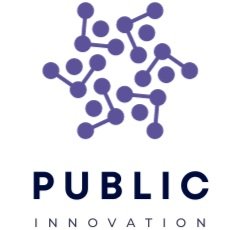Software for social impact
Inspired by how millions of citizens mobilized to transform their country’s politics in the Colour Revolutions, a former colleague and I studied spent years studying how these movements used technology. By 2017 we had both left government to co-found a startup to build software to crowdsource civic action.
The problem we were trying to solve: Citizens interested in taking action are bombarded with requests for small actions, or micro-tasks that can add up to big impact, on any range of causes.
The solution we built: Betterplace was a mobile app that personalized opportunities for civic action to each citizen. By tailoring micro-tasks to your preferred cause and location, it offered a quick way to advance a cause you care about.
The impact we achieved: At its peak, Betterplace had hundreds of users in the progressive movement in the U.S., most notably with high school students organizing gun control demonstrations in Spokane, Washington. Thanks to Betterplace, the March for Our Lives in this deeply purple part of a polarized U.S. was three times as large and covered all of its costs.
Why we chose a for-profit startup to solve this problem: All organizations are beholden to their funding source. We chose a business model that would make us beholden to the users of our software, the citizens and activists trying to improve the communities around them.
Evaluation: Beyond this initial breakthrough in Spokane, we failed to generate positive revenue since we relied on a business model that required hundreds of thousands of users before revenues would exceed costs, and could not iterate fast enough to grow rapidly.

